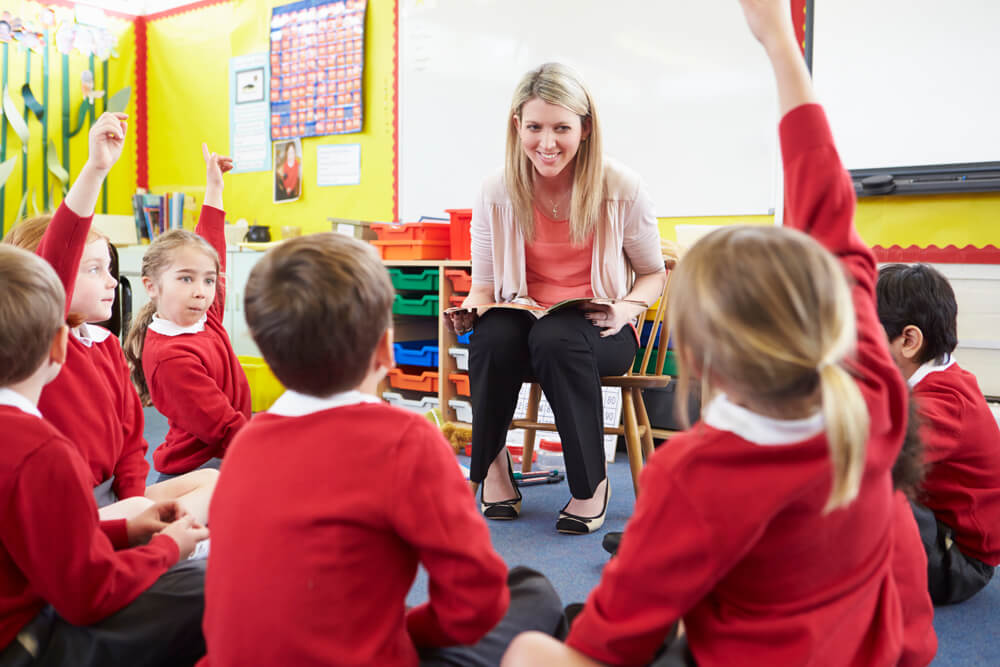Take great care when interpreting child protection data trends

This month’s BBC Panorama episode “Children Abusing Children” revealed a steep rise in peer on peer abuse in the UK. A shocking statistic – yes, however, whilst these figures are alarming, we do need to carefully consider how to accurately define what they actually indicate.
As a result of freedom of information requests, latest statistics evidence a 71 per cent rise in reports of peer on peer abuse from 2013, 4,603 reports, to 7,866 in 2016. According to figures obtained by BBC Panorama, 74 per cent of these reports resulted in no further action being taken. All forms of child sexual exploitation are abhorrent but what is particularly worrying is that during the same period there have been 2,625 reported sexual offences, including 225 cases of rape, alleged to have taken place on primary and secondary school premises.
As with all areas of child protection, great care must be taken when interpreting data trends. New areas of data capture, for example online sexual offences, not previously included in categories, which may present a skewed representation of increase. Additionally, where an increase in offences is shown this may not necessarily mean this activity is becoming more prevalent, it may reflect improvement in detection rates.
What the data across the UK does indicate is that allowing for new types / methods of sexual abuse, there is a pattern of increase in detection and offence rates. As at 31st March, in England reports of sexual offences against children have increased sharply by 19%.
Children aged 16 and 17 are to a great extent not included in this statistic as the data on crimes such as rape and sexual assault is grouped with adult statistics. Due to this method of data collection, the true scale of sexual offending against all children under 18 cannot be analysed.
In Scotland, in 2016 reports of sexual offences against children under the age of 16 have increased sharply by 7% and over the past decade, sexual offences against this age group have increased by 68%. 2016 data shows that in Northern Ireland, reports of sexual offences against children have increased with a 26% increase in offences of sexual assaults and 24% increase in offences involving sexual activity. There were 46 offences of sexual grooming recorded compared to 4 in the previous year.
As the case studies featured in the programme demonstrate, despite the increase in legislation and statutory guidance and inspection requirements to demonstrate the prevention and management of peer on peer abuse, best practice models are not being robustly implemented. This indicates a need to refocus our best practice models, ensure all staff in schools and academies are equipped to recognise and support potential and actual victims of this type of abuse together with appropriate action for the perpetrators. The need for high quality training and individual assessment of staff knowledge to ensure best practice is absolutely essential, otherwise more children will be failed as those featured in the BBC programme.
SSS Learning Safeguarding Director
18 October 2017